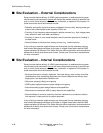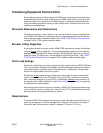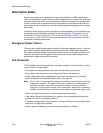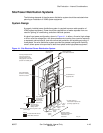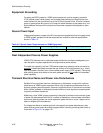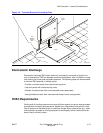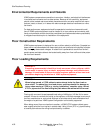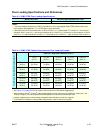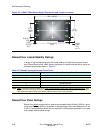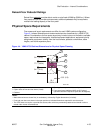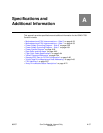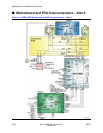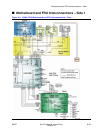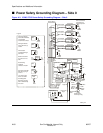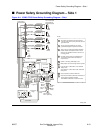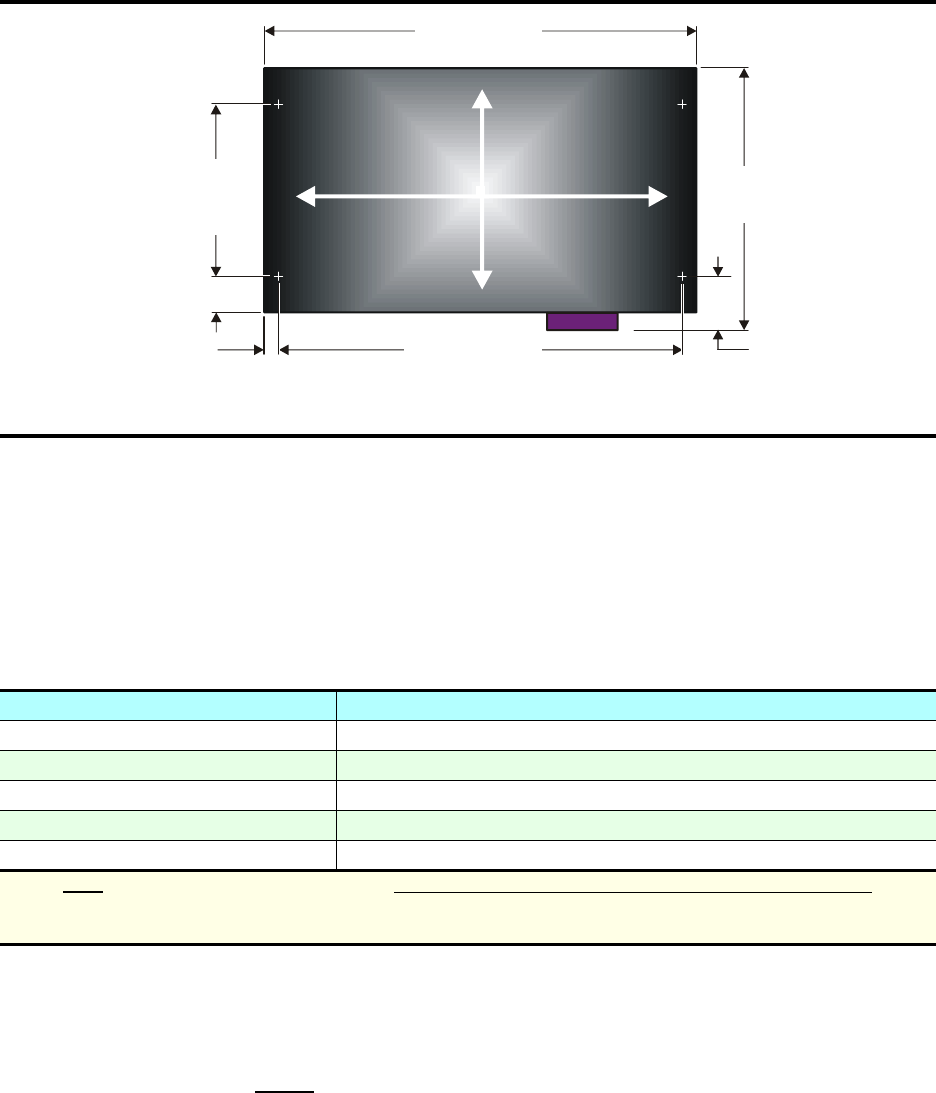
Site Readiness Planning
4-54 Sun Confidential: Internal Only 96257
Revision A
Raised-Floor Lateral Stability Ratings
In areas of high earthquake activity, the lateral stability of raised floors must be consid-
ered. Raised floors where VSM5 system equipment is installed must be able to resist the
horizontal-stress levels shown in Table 4-5.
Raised-Floor Panel Ratings
Raised floor panels must be able to resist a concentrated load of 454 kg (1000 lbs.) and a
rolling load of 181 kg (400 lbs.) anywhere on the panel with a maximum deflection of 2 mm
(0.08 in.). Perforated floor panels are not required for VSM5 system equipment, but if used
must comply with the same ratings.
Figure 4-3. VSM5-VTSS Cabinet Weight Distribution and Leveler Locations
97.40
(261)
109.72
(294)
75.01
(201)
84.34
(226)
14.98
(5.90)
(2X)
6.29 (2.725)
(2X)
6.29
(2.725)
(2X)
47.11
(18.55)
(2X)
77.1
(30.35)
92.1
(
36.26
)
77.59 (30.55)
(2X)
A504 02
6
X
X
Z
Z
Table 4-5. Raised Flooring Horizontal Force Chart
Seismic Risk Zone Horizontal Force (V) Applied at Top of Pedestal
1 13.5 kg / 29.7 lbs
2A 20.2 kg / 44.6 lbs
2B 26.9 kg / 59.4 lbs
3 40.4 kg / 89.1 lbs
4 53.9 kg / 118.8 lbs
Note: Note: Horizontal forces are based on the 1991 Uniform Building Code (UBC) Sections 2336 and 2337, and
assume minimum operating clearances for multiple VSM5 cabinets. Installations in areas not covered by the
UBC should be engineered to meet seismic code provisions of the local jurisdiction.



